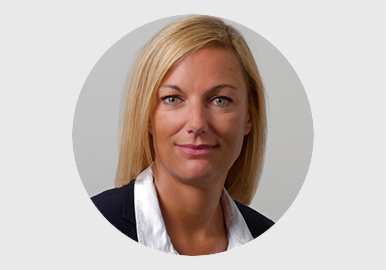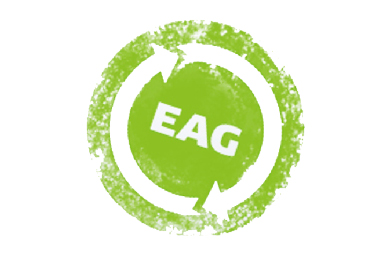
Glossary
Below, you will find helpful explanations of the central terms on our website. Please feel free to contact us if you have any further questions.
» Luminaires
A category of electrical and electronic equipment defined by the ElektroG. In turn, the luminaires category is broken down into several “types of equipment”.
» B2C
The term “b2c equipment” in the context of the ElektroG applies to all electrical and electronic equipment that can be used in private households. So it is not a definition that refers to a typical customer or sales channel.
» ElektroG
The German Act Governing the Sale, Return and Environmentally Sound Disposal of Electrical and Electronic Equipment. In particular, it regulates the duties of those who manufacture, import or put on market such equipment.
» Initial distributor
The party who first provides electrical and electronic equipment for sale or use in Germany. This can be determined by the first invoice in Germany.
» Evidence of a guarantee
Evidence of a guarantee insured against insolvency in accordance with section 6(3) ElektroG, which must be provided by the initial distributor.
» Manufacturer
A manufacturer within the meaning of section 3(11) ElektroG can be the producer, importer or seller of electrical and electronic equipment. A key factor for the duties associated with the manufacturer within the meaning of the ElektroG is that equipment is distributed in Germany for the first time under their own brand name.
» Guarantee insured against insolvency
A guarantee in a form that guarantees it even in the event of insolvency as it will not be included in the insolvency assets. For example, this can take the form of a trust account, a bank guarantee or participation in a collective warranty system.
» Lightcycle
The return system for leading light manufacturers that operates a nationwide collection, return and logistics system in Germany for end-of-life lamps and lighting appliances.
» Collective guarantee system
Unlike a solution for an individual manufacturer, this is a solution that collectively organises the guarantee duties for multiple manufacturers and is therefore generally more economical for the manufacturer and involves less expense.
» Registration
In accordance with section 6(2) ElektroG, every initial distributor of electrical and electronic equipment is required to register with stiftung ear before distributing such equipment in Germany. Failure to do so or delayed registration can incur fines of up to EUR 50,000 in accordance with section 23 ElektroG.
» stiftung ear
stiftung elektro-altgeräte register (stiftung ear), the German register for waste electrical equipment, is based in Fürth and is a neutral office that reports to the German Federal Environment Agency. stiftung ear registers manufacturers of electrical and electronic equipment and coordinates the provision of containers and the collection of waste equipment from the public waste management authorities in Germany.
» WEEE
EU Directive on “Waste Electrical and Electronic Equipment” (WEEE). Since 2005 it has regulated the EU framework for national legislation in Germany in the form of the ElektroG.



